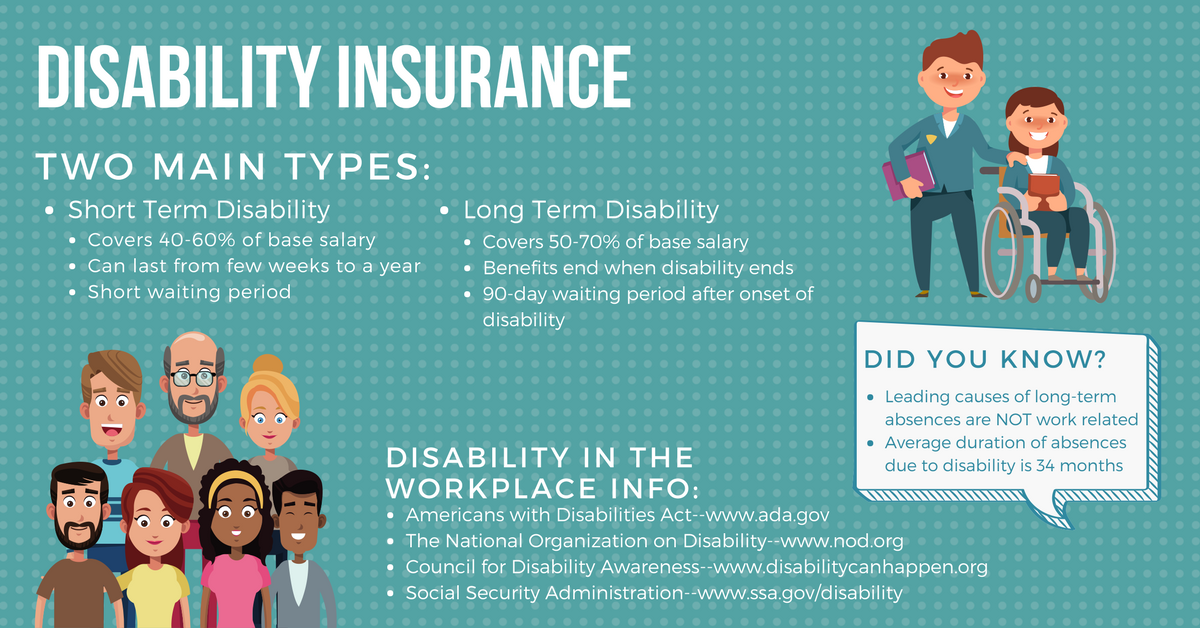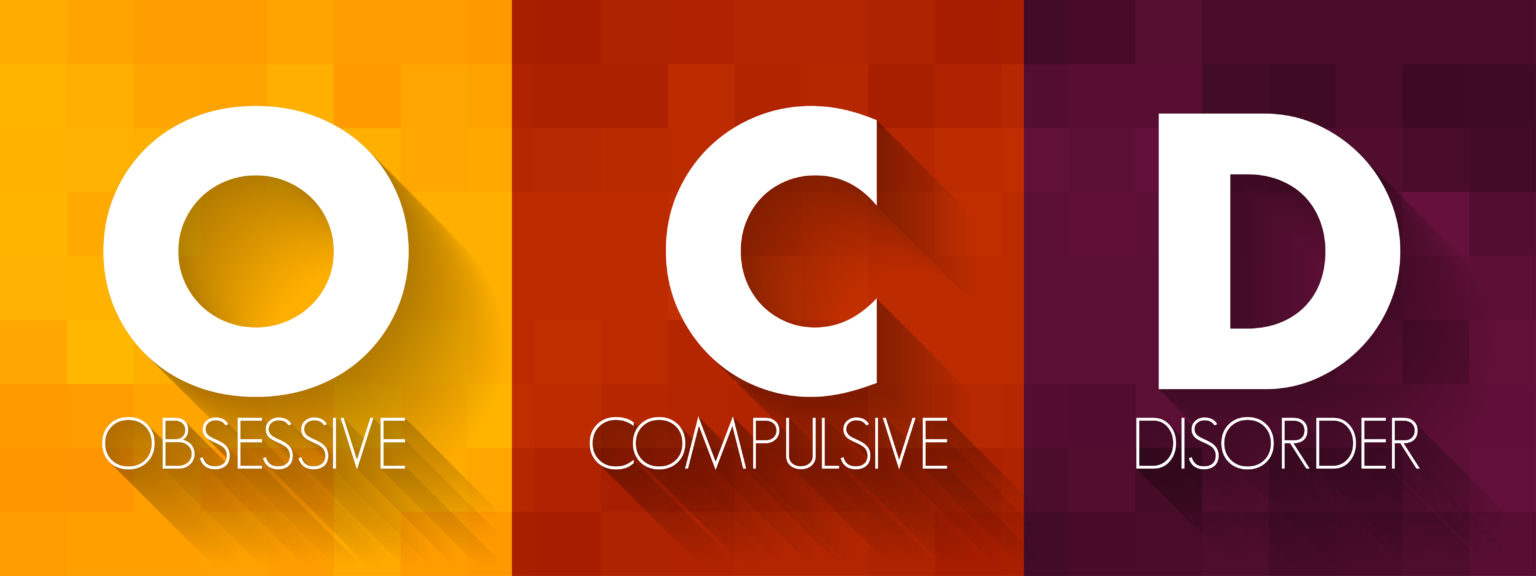Obsessive Compulsive Disorder (OCD) involves unwanted and disturbing thoughts, images, or urges (obsessions) that intrude into a child/teen's mind and cause a great deal of anxiety or discomfort, which the child/teen then tries to reduce by engaging in repetitive behaviors or mental acts (compulsions). Often, compulsions are performed in a.. Health Care Access Research and Developmental Disabilities. an asylum into a modern health facility with patients at the centre of care—is the history of mental health care in Canada. Influencing Public Policy. Freedom from Obsessive-Compulsive Disorder: A Personalized Recovery Program for Living with Uncertainty, by Jonathan Grayson.

OCD As A Disability Effects, Examples And Treatments

OCD and Addiction Safe Harbor

The International OCD Foundation Launches the firstofitskind website for Body Dysmorphic

Disability Insurance and why you need it! North Carolina Employee Benefits Custom Benefits

Winning Disability Benefits for OCD Resolute Legal Disability Lawyers

OCD Psych4Schools

Different Types Of OCD DISABLED ENTREPRENEUR DISABILITY UK

What Causes The Most Disability In Canada?

The Burning Question Answered Is OCD A Disability?

Obsessive Compulsive Disorder (OCD) Awaken Counselling Centre

A Guide to Short Term Disability Insurance in Canada

The phrase ‘not every disability is visible’ is particularly true when talking about mental

Imbalanced Learning From Reward and Punishment May Lead to OCD Behaviors

OCD As A Disability Effects, Examples And Treatments

OCD & DISABILITY BENEFITS Cannon Disability Law

A Complete Profile of Disabilities in Canada Infographic Disability Credit Canada

OCD What is OCD? Exceptional Individuals

How Severe And Serious Is The Disability For OCD? cyrus Medium

OCD Disability Meaning, Symptoms, Consequences And Tips

Unable to Disability in the B.C. workplace BCIT News
Description: . The Canadian Treatment Center for Obsessive Compulsive Disorders (CTCOCD, www.ctcocd.ca) led by Dr. Sookman is the national specialized treatment center responsible for provision of specialty services on request for OCD and related disorders throughout the lifespan (children, adolescents, and adults) to Canadians from all provinces and regions, as well as to international residents.. The World Health Organization (WHO 2008) ranks Obsessive Compulsive Disorder (OCD) as a leading cause of disability worldwide. OCD affects approximately 3% of the population through the lifespan and is the fourth most common mental illness. OCD does not discriminate. It affects children and adults, men and women, and members of all races and.